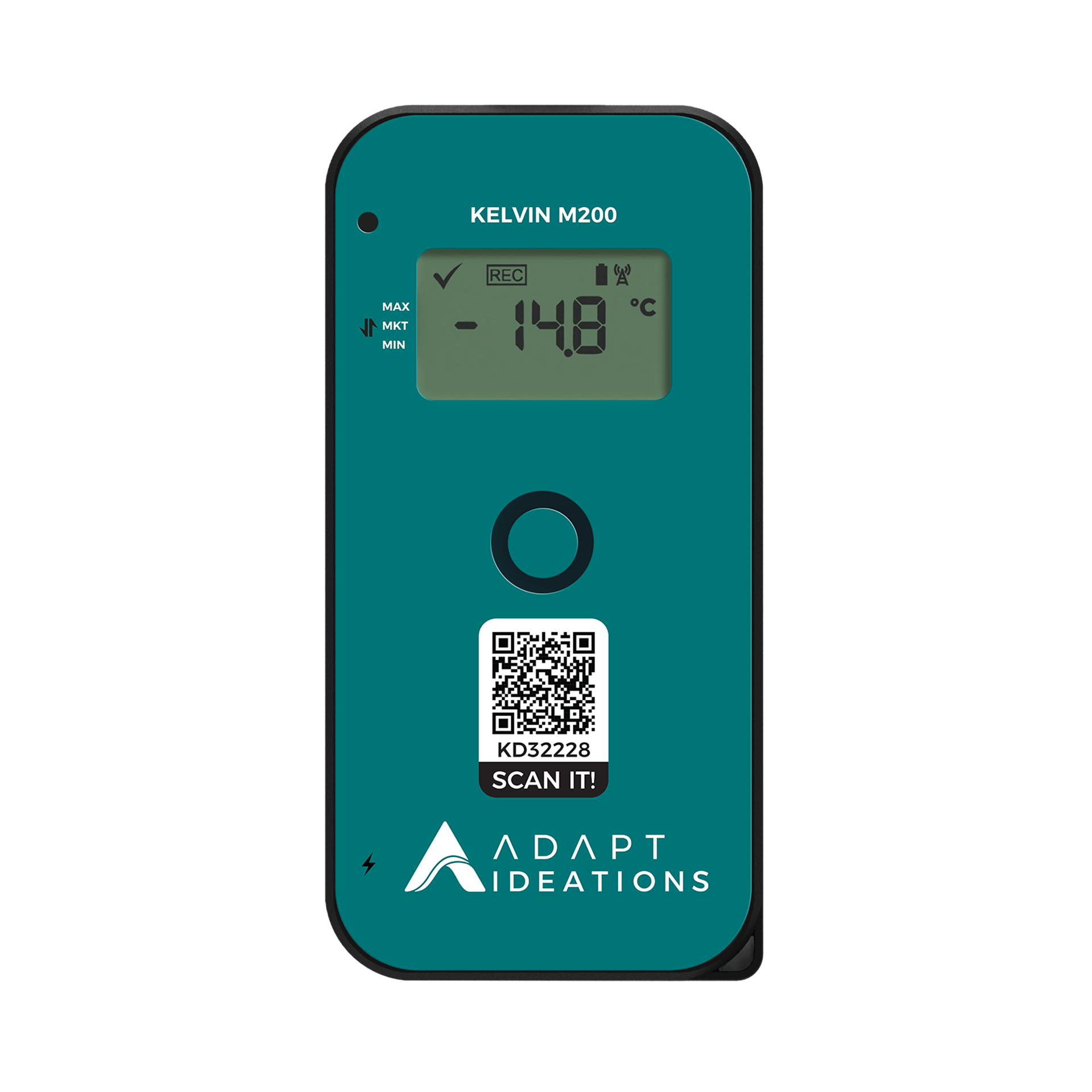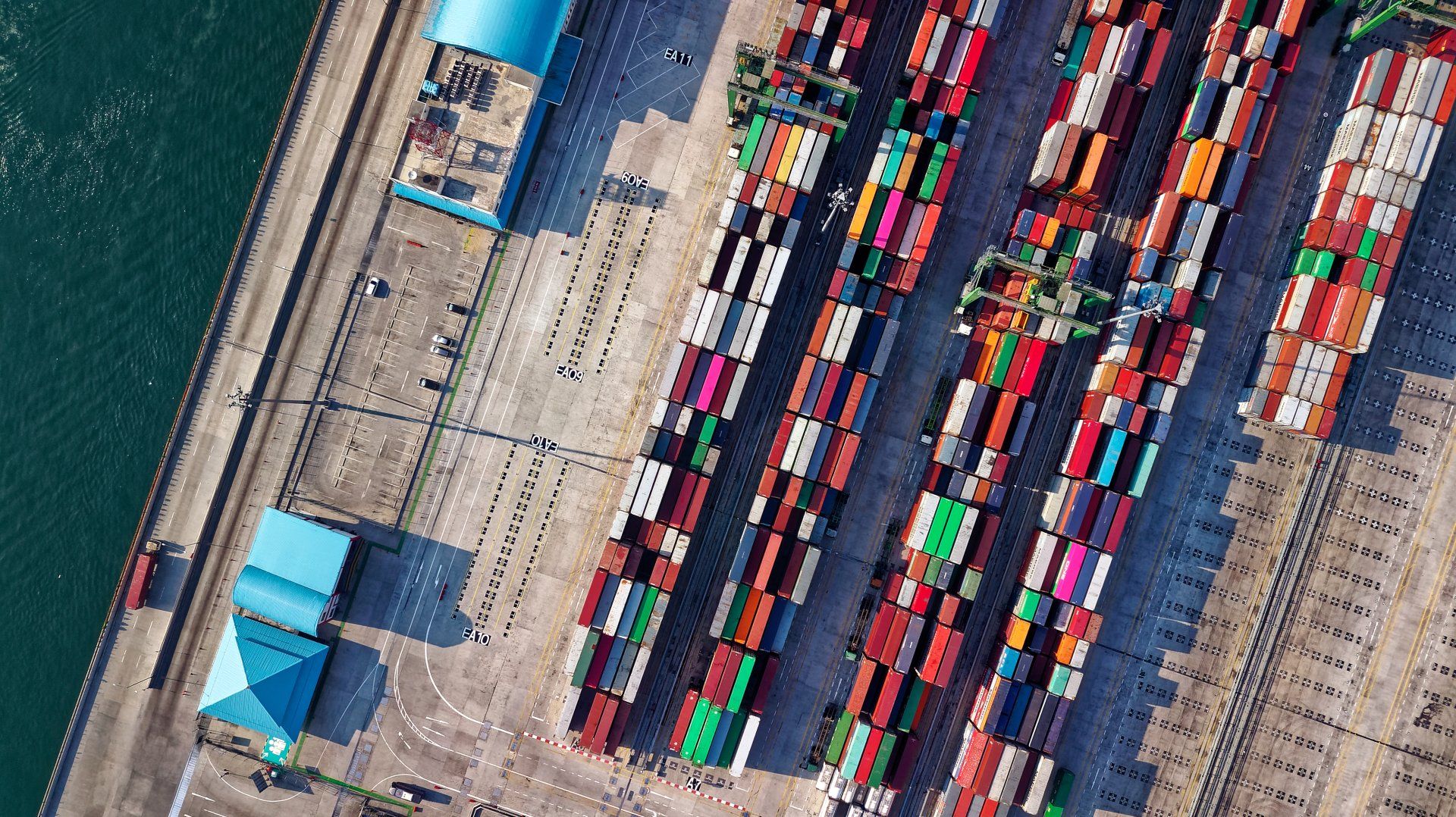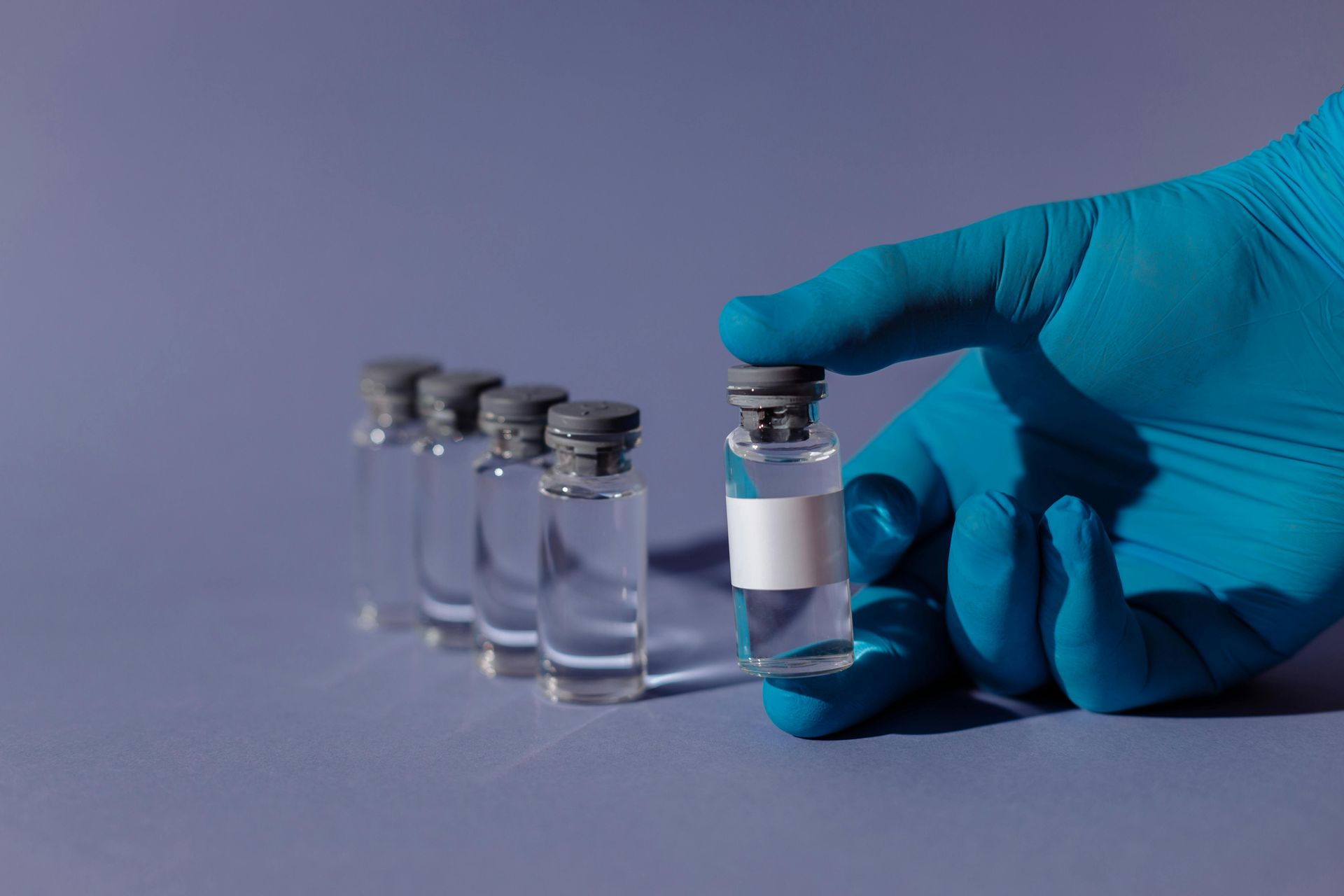The most common medications used are also some of the most temperature-sensitive medications on the market.
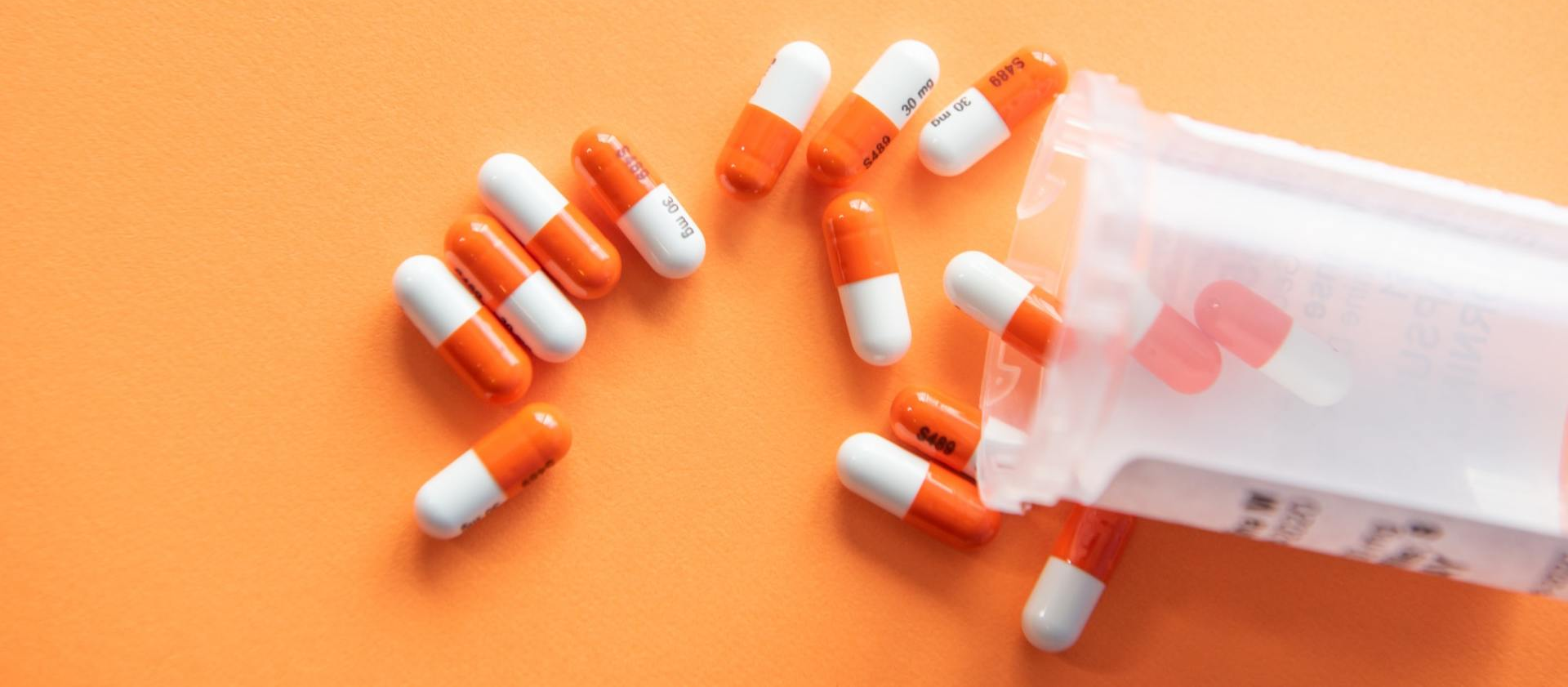
Temperature-sensitive pharmaceuticals require some of the most stringent cold chain management processes to ensure its effectiveness. Globe Newswire projects that due to the impacts of Covid-19 and rising health demands the pharmaceutical industry is expected to reach $1.310 billion by the end of 2020. Companies and governments globally are implementing some of the strictest regulations and compliance measures that ensures pharmaceuticals are handled and stored correctly throughout the supply chain.
The most common medications used are also some of the most temperature-sensitive medications on the market. Vaccines, Glaucoma eyedrops, Asthma aerosols and Insulin which are the most commonly transported medications all require strict cold chain management including temperature monitoring (Tec4Med). Germany, Switzerland and the United States export a combined $206.1 billion of pharmaceuticals every year as reported by HowMuch in 2018. Logistics providers who transport pharmaceuticals must ensure they meet regulations and compliance measures that are in place. Pharmaceuticals may require different regulations that need to be met such as the temperature range that they must be kept in. This calls for greater automation and digitalisation of temperature monitoring during the supply chain including warehousing and transportation.
The delivery of pharmaceuticals doesn’t simply just involve transportation, as companies must also consider the storage of pharmaceuticals in warehouses. The safest way to store medication is out of direct sunlight and within a consistent temperature. As reported by NSW Health, cold chain medication such as vaccines must be consistently kept between 2–8 degrees to ensure its longevity and viability. The report also mentions how there are plans for more stringent temperature control measures to be put into place. By implementing innovative temperature monitoring systems in cold chain facilities, companies will be able to decrease cold chain breaches which result in temperature fluctuations. Freezing temperatures or heat can impact the durability of pharmaceuticals and even cause them to be no longer viable for use.
Implementing an innovative temperature monitoring system for cold storage can benefit numerous stakeholders within the supply chain. Such solutions can also allow data to be shared with various stakeholders ensuring that they have access to vital data allowing them to understand how products have been handled and stored throughout the supply chain. This can strengthen relationships between stakeholders such as pharmaceutical companies, manufacturers, suppliers and transport partners. Utilising a solution that collects data and sends alerts in near real-time ensures that if deviations from set parameters occur, they can be corrected as soon as possible. This improves visibility of products while in storage and can reduce unexpected costs associated with damage and waste.
Adapt Ideations’ wireless environmental monitoring system PIXEL allows for automated temperature and humidity monitoring of cold chain facilities. The data logger provides companies with a holistic solution to automating temperature and humidity monitoring for cold storage of temperature-sensitive pharmaceuticals. Near real-time alerts are relayed back to the company if temperature and humidity violations occur from set parameters. Adapt Ideations’ temperature and humidity monitoring system PIXEL will greatly benefit the pharmaceutical industry as it ensures greater visibility of products and the conditions at which they are kept thereby safeguarding their quality.
Enquire today at enquiries@adaptideations.com to find out more about our environmental monitoring solution for cold storage.
Awards & Recognition
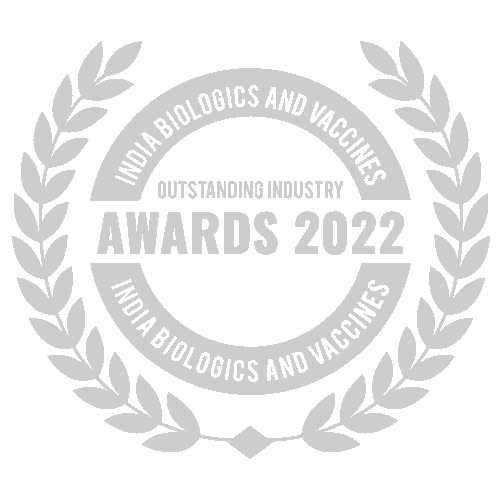
Best Temperature Monitoring Solution Provider
Awarded by India Biologics & Vaccines Outstanding Industry Awards 2022
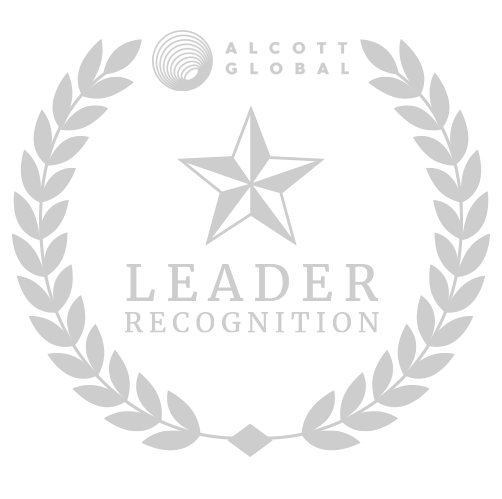
Adapt Ideations Recognised As A Supply Chain Leader
by Alcott Global on Supplify's Supply Chain Tech Map 2.0
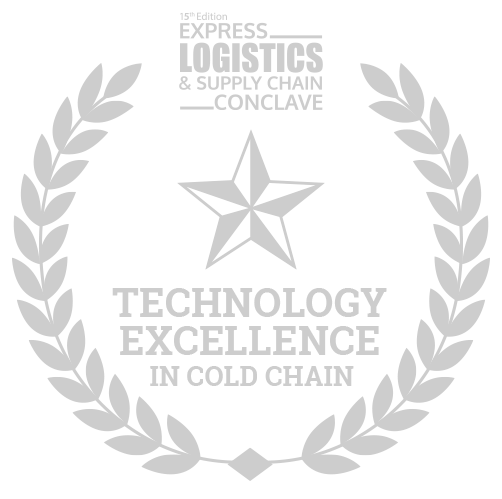
Related Articles.
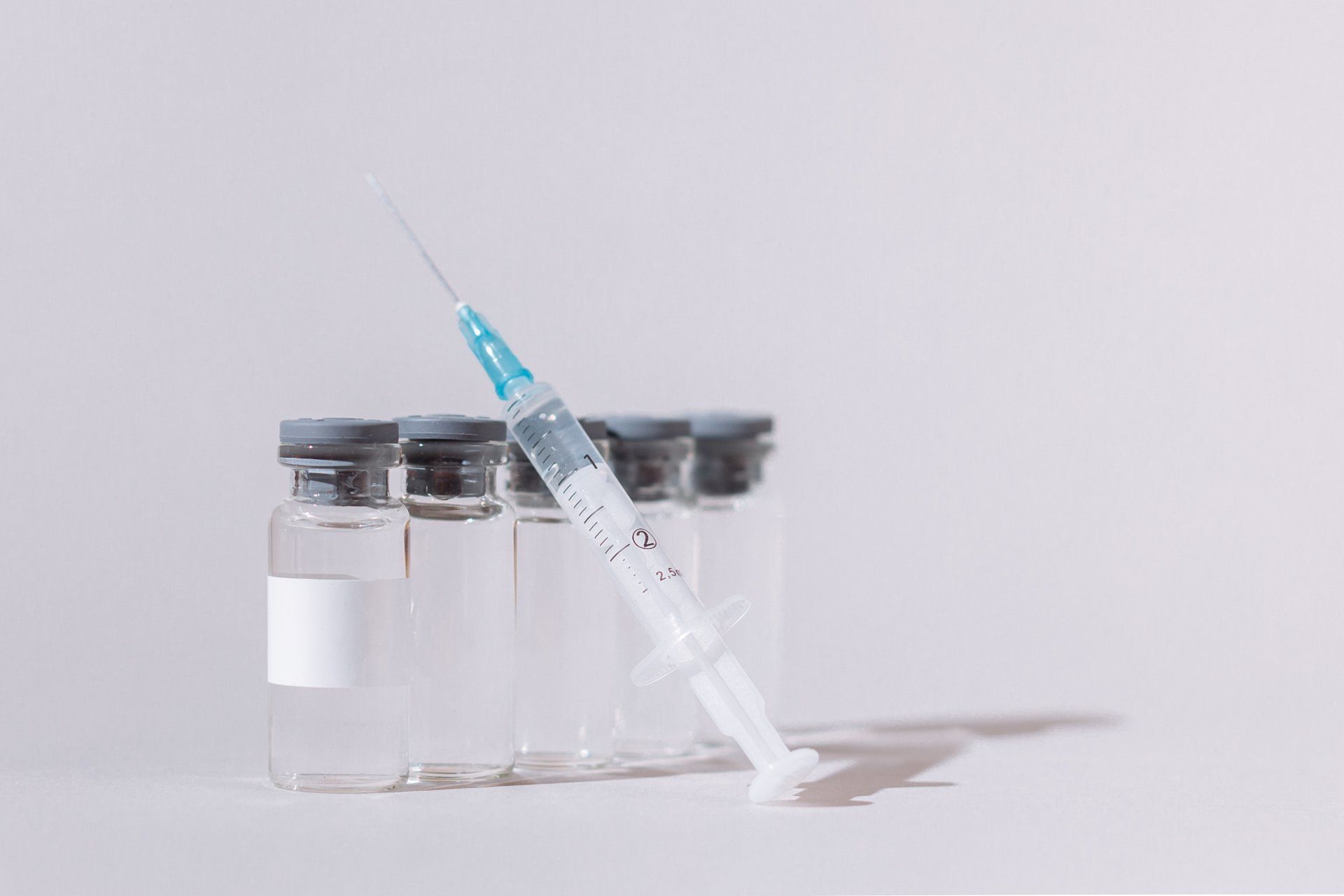


Our Guides.
Sign up to our monthly newsletter!
Thank you for signing up.
Please try again later
